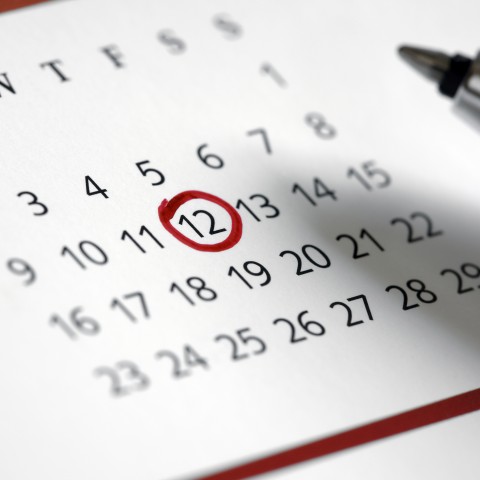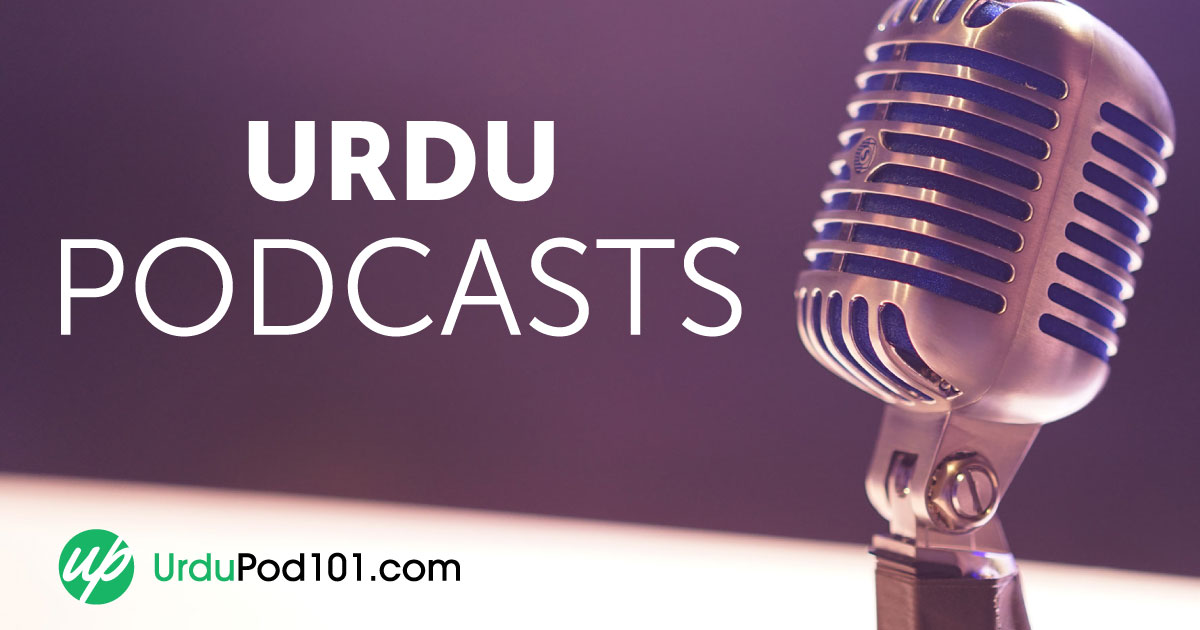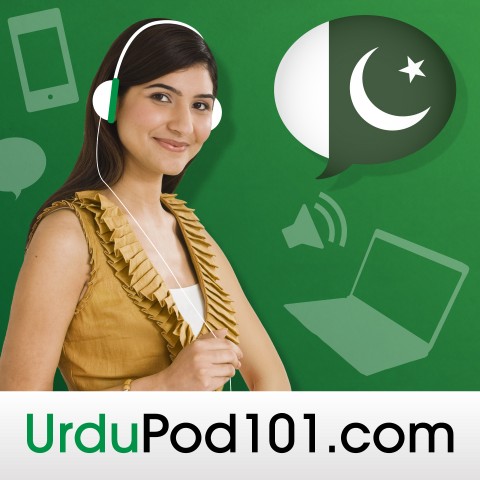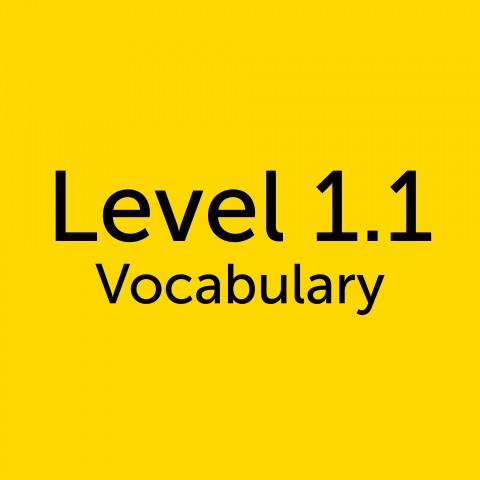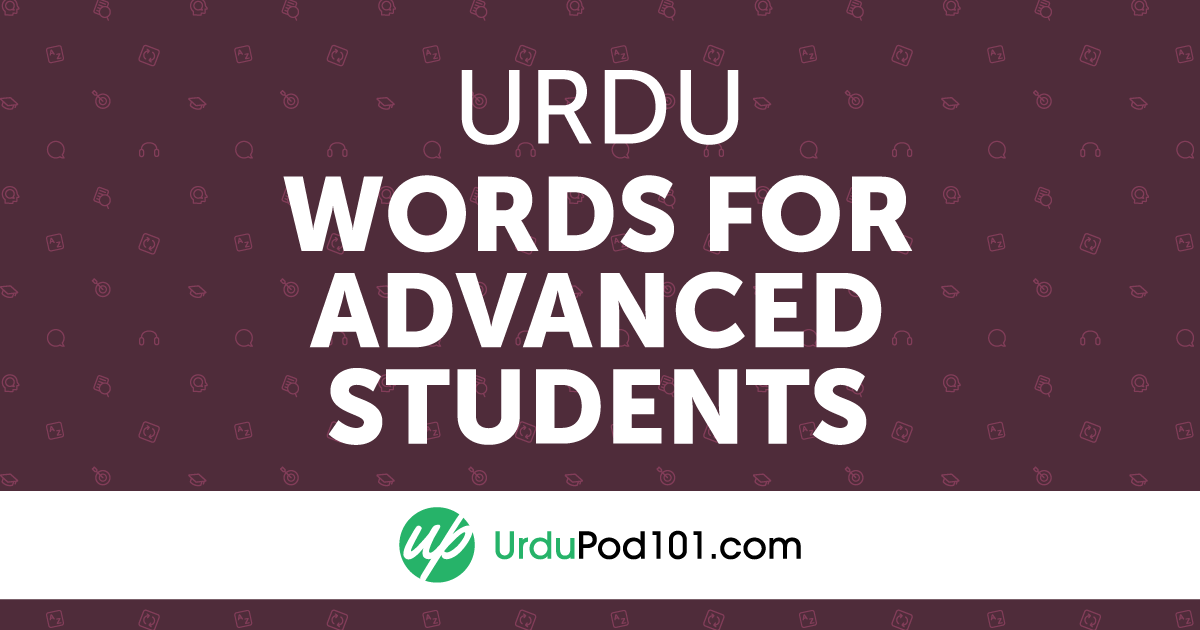
During a formal ceremony or in a casual gathering, if you notice all Pakistani attendees stand upon hearing some orchestral melody, don’t be worried, as the music being played is nothing other than the Pakistani national anthem. It is customary for all Pakistani people to stand in respect for the Pakistani anthem to show their solidarity and patriotism. People take pride in showing their love for the national anthem, and you will see that the majority of Pakistanis tend to know the national anthem by heart and can repeat the lyrics without fumbling.
It is also normal to play the national anthem in different kinds of public and private gatherings in Pakistan as well. You might hear it before the start of and at the end of a film in a movie theater, too.
In this article, you will learn all the details concerning the Pakistani national anthem and the Pakistani national anthem’s lyrics. It will not only introduce you to the Pakistani national anthem in Urdu but also the English translation of the national anthem of Pakistan. Moreover, it will answer some general questions, like “who composed the national anthem of Pakistan?”, or “how many stanzas in the national anthem of Pakistan are there?”
 Table of Contents
Table of Contents
1. Lyrics
A very famous Pakistani poet – Hafeez Jalandhari – had the privilege of writing the lyrics of the Pakistani national anthem in 1952. The melody of the anthem had already been composed in 1949; therefore, it required a poetic and musical genius like Hafeez Jalandhari, who could write the lyrics after understanding the musical nuances of the song. His command over Urdu and Persian languages helped him use both languages to articulate the glory and sacredness of the lands of Pakistan.
Below are three famous stanzas of the anthem of Pakistan that display Hafeez’s command of both poetry and music. A popular translation of the anthem is also present in the following section.
A- First Stanza
پاک سر زمین شاد باد
کشورِ حسین شاد باد
تُو نشانِ عزمِ عالیشان
ارضِ پاکستان!
مرکزِ یقین شاد باد
Pak sir zameen shaad baad
Kishwar-e-haseen shaad baad
Tu Nishaan-e-azmay aalishaan
Arz-e-Pakistan!
Markaz-e-yaqeen shaad baad
May the Holy Land, stay glad
Beauteous realm, stay glad
Thou, the sign of high resolve
O Land of Pakistan!
Citadel of faith, stay glad.
B- Second Stanza
پاک سرزمین کا نظام
قوّتِ اُخوّتِ عوام
قوم، ملک سلطنت
پائندہ تابندہ باد
شاد باد منزلِ مراد
Pak sir zameen ka nizaam
Quwwat-e-akhuwatt-e-awaam
Qaum, mulk saltanat
Paaindah tabindah baad
Shaad baad manzil-e-muraad
Order of the Holy Land,
Power of fraternity of the populace
The nation, country, and domain
Ever luminous remain!
The cherished goal, stay glad
C- Third Stanza
پرچمِ ستارہ و ہلال
رہبرِ ترقّی و کمال
ترجمانِ ماضی شانِ حال
جانِ استقبال!
سایۂ خدائے ذوالجلال
Parcham-e-sitaarah-o-hilaal
Rehbar-e-taraqqi-o- kamaal
Tarjamaan-e-maazi shaan-e-haal
Jaan-e-istaqbaal
Saaya-e- khuda-e-zuljalaal
Flag with the star and crescent
The leader of the progress and ascent
Dragoman of past, the pride of the present
Soul of the future!
Shadow of the God of grandeur
2. History
Although Pakistan came into being on August 14, 1947, it remained without an official national anthem up until 1954. The Government of Pakistan established a committee to perform the task of the preparation of a national anthem in December 1948.
The task remained unfinished until the poetic excellence of Hafeez Jalandhari and the musical genius of Ahmad G. Chagla came into play and completed the daunting task of fulfilling the dream of the Pakistani national anthem.
Three poetic stanzas were penned by Hafeez Jalandari in 1952, whereas the music had already been composed by Ahmad G. Chagla in 1949. Different well-renowned Pakistani singers participated in their own renditions of the national anthem. Among them, Ahmed Rushdi is worth mentioning specifically, as he was a popular Pakistani singer at the time.
The Pakistani national anthem is composed out of a melodious blend of Eastern and Western music. Nevertheless, the composer took great care to arrange the music in a way that the foreign bands would not face any difficulty when playing it.
A total of twenty-one musical instruments are used in tandem with thirty-eight tones to play the national anthem of Pakistan. The total duration of the Pakistani national anthem is about just under a minute and a half.

Sheet music of the national anthem of Pakistan
3. Occasions
If you notice a fervor in the Pakistani people around you as a rendition of the national anthem plays, just think of it as something which gets their blood pumping. It reminds them of the struggles and the sacrifices that their forefathers expended to gain their freedom from the claws of British colonization. Below are some of the memorable days of Pakistani history that cannot be celebrated without playing and singing along to the Pakistani anthem.
A- Independence Day of Pakistan (August 14)
August 14, 1947 – یومِ آزادی (Youm-e-Azaadi), Independence Day – was the day that guaranteed the Muslims of Pakistan could breathe freely in their newly independent state, the Islamic Republic of Pakistan. Due to the significance of this date, the dawn of the day cannot proceed without listening to the melodious tunes of پاک سر زمین شاد باد (Pak sir zameen shaad baad).
B- Pakistan Day (March 23)
یومِ پاکستان (Youm-e-Pakistan) Pakistan Day is celebrated on the 23rd of March of every year to commemorate the adoption of the very first constitution of Pakistan. It is also attributed to the celebration of the adoption of the قراردادِ پاکستان (qaraardaad-e-Pakistan) Pakistan Resolution. It is also customary to play the national anthem at the beginning and the end of the parade held on the day, which is considered to be a national celebration.

C- Defense Day of Pakistan (September 06)
The Pakistani nation celebrated یومِ دفاع (Youm-e-Difaa) Defence Day on the 6th of December. The day marks the sacrifices presented by the Pakistani soldiers while defending their border boundaries against the Indian army during the Indo-Pakistani war of 1965. Once again, the national anthem is an integral part of the ceremonies conducted in different parts of the world.

D- Iqbal Day (November 09)
Allamah Muhammad Iqbal is declared to be the national poet of Pakistan. He is also known as the poet of the East and occupies a special place in the hearts of Pakistani people because of both practical and political efforts that he made to get a separate homeland for Pakistanis. He also breathed a new soul into the populace with his thought-provoking poetry.
November 9th is the birthday of Allamah Muhammad Iqbal, and it is commemorated quite passionately in Pakistan. The Pakistani national anthem is played at the inaugural and concluding ceremonies across the country.

E- Quaid Day (December 25)
Quaid-e-Azam Muhammad Ali Jinnah is known as the father of the Pakistani nation. He was the great leader who led the movement for the independence of Pakistan from the front. Pakistanis have a great deal of reverence for him, and because of his unfathomable struggle to liberate Pakistan, they celebrate his birthday quite passionately.
The national anthem imparts a patriotic hue to the ceremonies conducted on occasion. It also provides an opportunity for Pakistanis to revive their patriotism and refresh their sense of national duty.

F- School and College Assemblies
Almost all school and college-going students can sing the national anthem of Pakistan without reading any written script since they tend to have learned it by heart during several school activities. While not a holiday, school and college assemblies are at the top of the list because it is mandatory to sing the national anthem during these sessions, and in this way, students can memorize the anthem as a part of their routine rather than needing to study it separately.
4. Conclusion
The article has educated you on various aspects of the Pakistani national anthem in the Urdu language and its English translation. It has also emphasized the importance of the national anthem of Pakistan by exploring the subtleties concerning the national anthem’s lyrics in Urdu, its composition, chords, melody, and more.
Are you prepared to identify the Pakistani national anthem when it’s played and pay respect as Pakistanis customarily do now? We hope that you can say yes with confidence. That aside, do not forget to become a frequent visitor of UrduPod101. It is a rich repository of Urdu language learning resources such as an Urdu dictionary, Urdu pronunciation guide, Urdu vocabulary lists, Urdu grammar lessons, and more, that will help you hone your integrated Urdu language learning skills eventually.
Happy Urdu Learning!



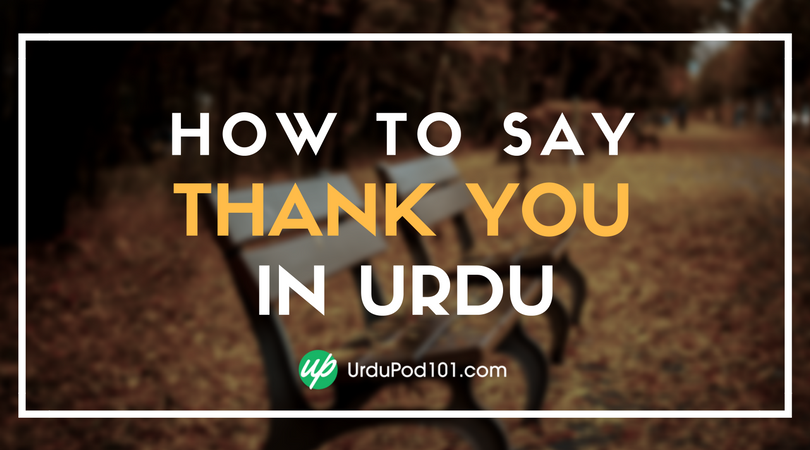













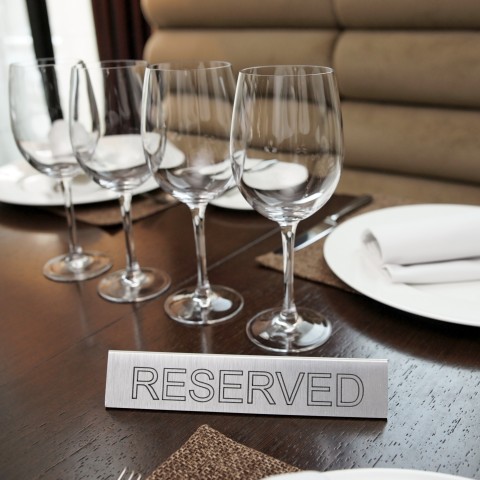
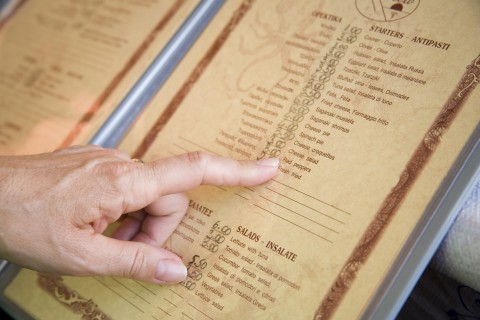

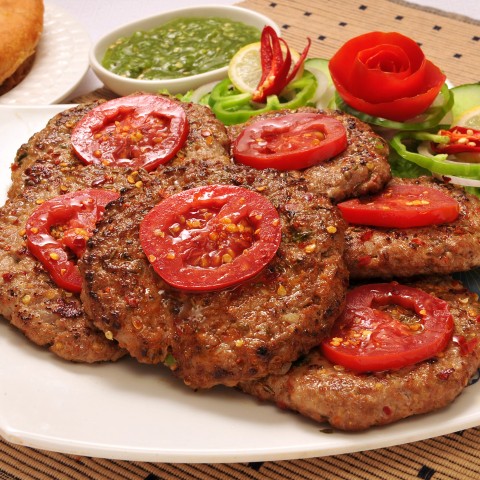
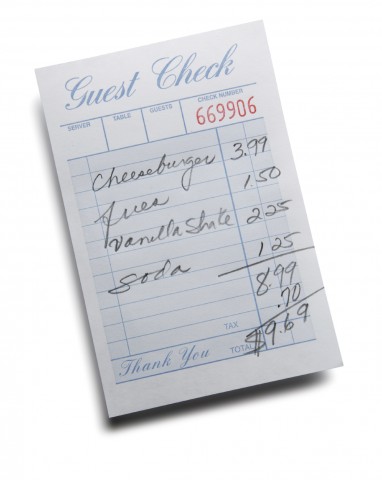















 Table of Contents
Table of Contents




